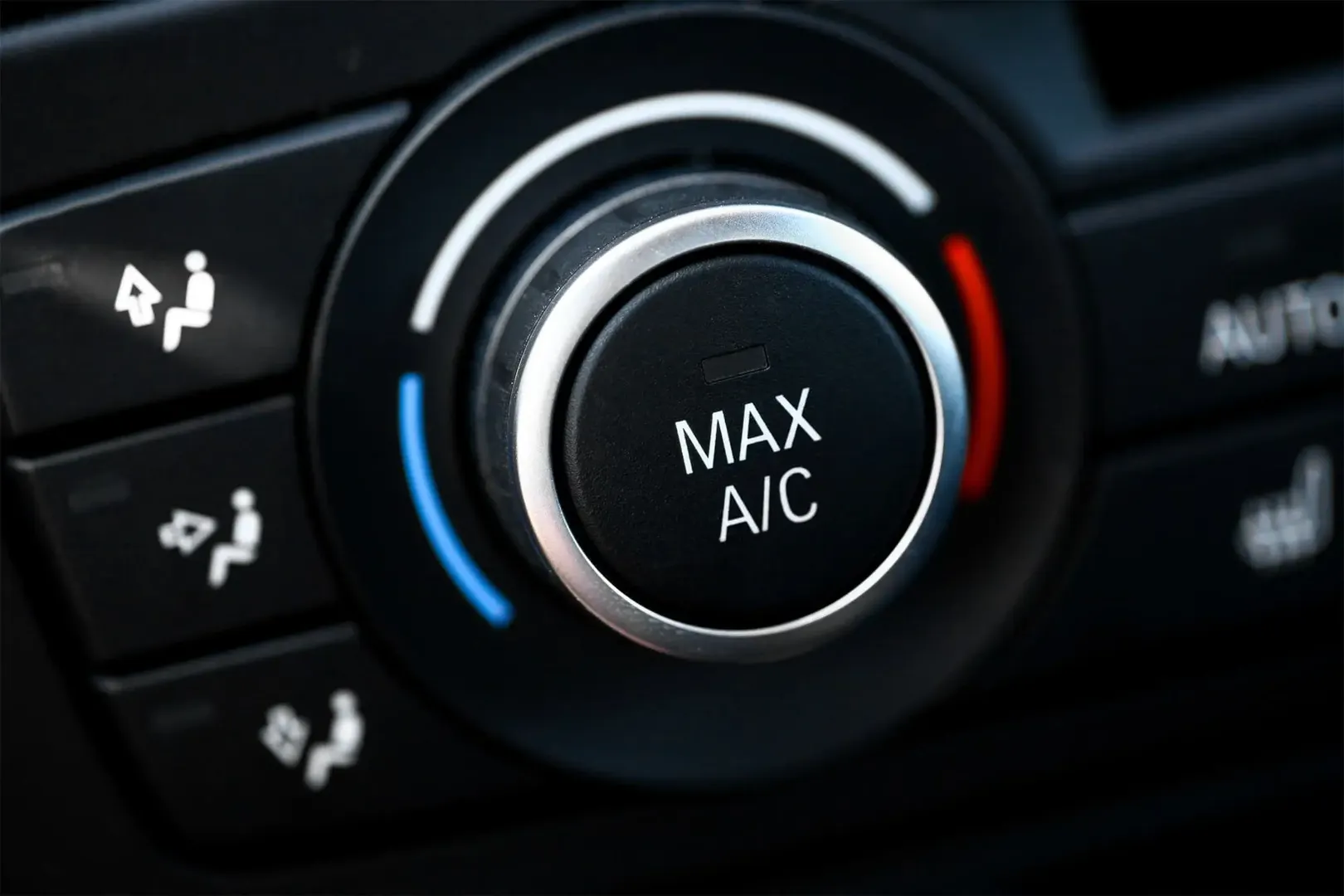
Summer is here and as beautiful as it can get outside, hot conditions aren’t ideal for long bouts of driving. Being behind the wheel in the heat for extended periods can be anything from uncomfortable to a serious health risk. And it’s not only you that suffers - blasting the air conditioning decreases fuel economy and can even lead to engine overheating.
With that in mind, we’ve compiled a list of ways to ‘beat the heat’ this summer.
Looking after number one
You know the drill: stay hydrated, apply sun cream, keep covered. We don’t want to patronise you with the basics, but equally we don’t want you stuck on the motorway having forgotten a water bottle or burning up in direct sunlight.
Do a last-minute check before you hit the road. Even surgeons do a basic call-and-response before surgery. Don’t get caught out. Getting the basics right will reduce your dependency on air con and keep you and your vehicle healthy.
Top tip: Cool yourself quickly and effectively by targeting pulse points (wrists, back of neck, temples) with a damp cloth, ice pack or water spray.
Air conditioning vs. Open windows: Which is more economical?
To answer an age-old question: opening the windows has a marginal effect on fuel consumption, where running the AC has a more significant effect: a decrease in fuel efficiency of up to 10% depending on the vehicle. But obviously, your eardrums aren’t going to be happy if you’re going along at 70 mph with the windows down.
Top tip: Start the journey with windows down and switch to AC when you hit a higher speed. AC usage becomes more efficient over longer journeys as the interior temperature levels out. For short, local runs, keep the windows down and the AC off.
Under the hood
In hot conditions, the increased load put upon the engine by air conditioning can cause overheating – especially when stationary or at low speeds. There’s a multitude of possible reasons for this, most of which will require the attention of a mechanic, but mostly it comes down to the efficiency of your cooling system.
Check that radiators are not corroded or accumulating debris, that ventilator fins are unblocked and straight, and that coolant levels are kept high and the right coolant used.
Top tip: When having your vehicles serviced, enquire about the condition of your cooling system, and whether flushing it may be necessary.


